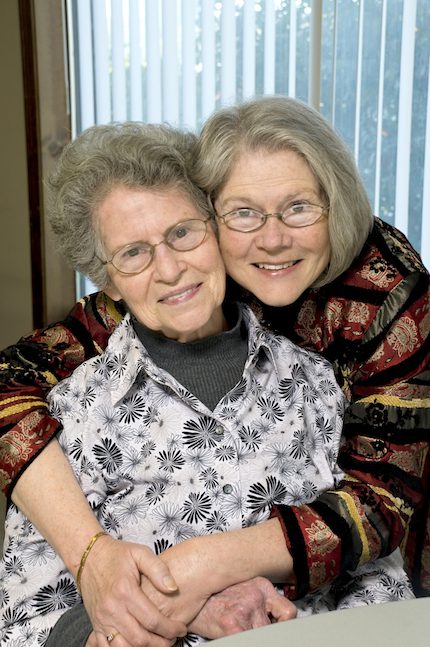
13 Dec 2013 Helping older adults enjoy holidays
For many older adults, the holiday season can be highly stressful, confusing or depressing.
CareLink suggests the following ways to help older family members and friends enjoy the holiday season:
- Spend time with older people. That’s the most important thing you can do. Remind them that they taught you that it’s people who count, and thank them.
- Ask if they need help with sending holiday cards. Your help in addressing envelopes can be a boost to their energy for the task, making signing cards possible. You can put on stamps and mail the cards. This helps them keep in touch with old friends.
- Holiday cards from others often bring bad news, and diminish in quantity. Reading cards from others may bring news of death or illness; so be prepared for negative emotions that may follow.
- Help older people keep their regular schedule of medications during the frenzy of the holidays.
- Pay attention to their alcohol consumption during holiday parties and family gatherings because alcohol can interfere with medications.
- If decorating has always been important to them, ask if you can help them put up the decorations, and use decorations they’ve treasured through the years. These familiar objects are vital to memories and creating a homelike atmosphere.
- Play holiday music while you decorate to set a festive mood. If the person enjoys holiday clothing, consider a new holiday sweatshirt or other garment. Make children a part of the rituals the older people enjoy – in small doses.
- It is important not to put older people with dementia on the spot by asking too many questions about preferences. For example, at meals, fix their plates with foods you think they might enjoy.
- Some older people tire easily or are vulnerable to over-stimulation; limit the number of activities they are involved in or the length of time they are included. Offer to shop for and wrap gifts they want to give to friends and family.
- Offer to have festive holiday meals at your home or plan to cook at their home. Older adults with physical limitations can still be included in kitchen activities.
- When you gather in a place unfamiliar to an older person, remove slippery throw rugs and other items that could present barriers to someone with balance problems or who has difficulty walking.
- The noise and confusion of a large family gathering can lead to irritability or exhaustion for some older people; so plan opportunities for them to rest if you are traveling, or take them home when they become tired.
- Reach out to older relatives and friends who are alone. Loneliness is a difficult emotion for anyone. It is associated with major depression and with suicidal thoughts and impulses.
Holiday blues are feelings of profound sadness that can be provoked by all the activities of the holiday season. But for some people, the holiday blues represent the exacerbation of an ongoing depressive illness. Depression is a medical illness that should be diagnosed and treated by trained professionals. Left untreated, depression may last months or even years. When properly diagnosed and treated, however, most people recover from depression.
Last year more than 18,000 people in Faulkner, Lonoke, Monroe, Prairie, Pulaski and Saline counties were CareLinked with information and resources to help them stay active and in their own homes, avoiding more costly care. Older people and their caregivers can get the information and assistance they need from CareLink at 501.372.5300, toll-free 800.482.6359 or by visiting carelink.org.











